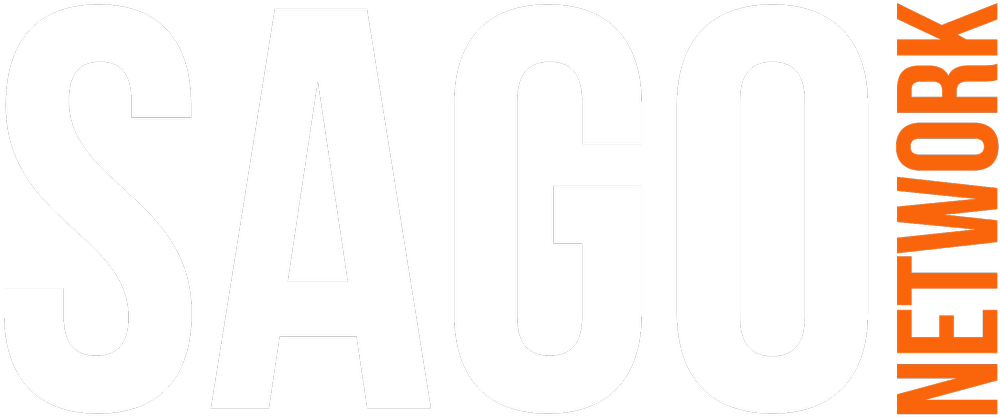Partnerships Toward Progress in Papua New Guinea
Sago Network is a not-for-profit community development organisation that has been working in Papua New Guinea (PNG) since 2008. Our aim is to strengthen lives in PNG by improving water, sanitation and hygiene standards at a community level. Sago Network partners with local communities in PNG to address basic access to safe drinking water and safe sanitation.
The complex and inter-related development challenges of water and sanitation have been tackled by Sago Network by forming a diverse and multi-disciplinary team which is flexibly configured around the needs of each community based upon their needs.
Sago Network’s programmes are focused on partnerships with rural and coastal communities who are committed to effecting positive change in their villages. Each project undertaken by Sago Network aims to place local people at the centre of their own development process. Communities are empowered with the decision-making ability to shape the project’s core objectives and are encouraged to make a meaningful contribution toward their achievement. The team values process as highly as product, always seeking to undertake a process that is inclusive and capacity-building in nature.
Today, Sago Network is focusing on supporting the production, marketing and sale of the Sago Dry Toilet and its related initiatives.

